- All posts
- 8 Media Venture
- althetics
- aMMP8
- Annimari Korte
- Antibiotic resistance
- Apotek Härtat
- Aqua Dental
- athlete
- Award
- Baltics
- Bonnier
- Bonnier News
- Brain health
- Business
- Cancer
- cardiovascular disease
- caries
- Chemo therapy
- children
- collaboration agreement
- Croatia
- Denmark
- Denta
- Dental erosion
- Dentex
- diabetes
- Dual Light
- Duodecim
- EFP
- EFR
- Estonia
- EuroPerio
- event
- Expodental
- FIBO
- fund raising
- general health
- Gingivitis
- Gum disease
- HAP
- HealthHub Pharma
- HIDES
- Hospital infections
- hospital-acquired pneumonia
- IBD
- Iceland
- IDS COLOGNE
- implantology
- invest
- investment
- italy
- Koite Health
- Latvia
- Lithuania
- lumoral
- Lumoral App
- Lumoral Junior
- Maritime industry
- Media
- MegaGen
- Movie
- News
- Nordic markets
- Nordics
- O
- Olympics
- Oral health
- Oral hygiene
- Oral mucositis
- Patent
- PDT
- peri-implantitis
- Perio Master Clinic
- Periodontitis
- periodontology
- Photodynamic therapy
- Press
- Ranking
- Romania
- Scandinavian Society of Periodontology
- Science
- Seafarer
- Seedtable
- share issue
- Shareissue
- Siblings movie
- Spain
- spots
- Stroke
- Study
- sweden
- Tartar
- techtour
- Thailand
- UK
- United States
- Valentine's Day
- WHO
- World Cancer Day
- World Health Day
- World Heart Day
- world oral health day
- World Smile Day
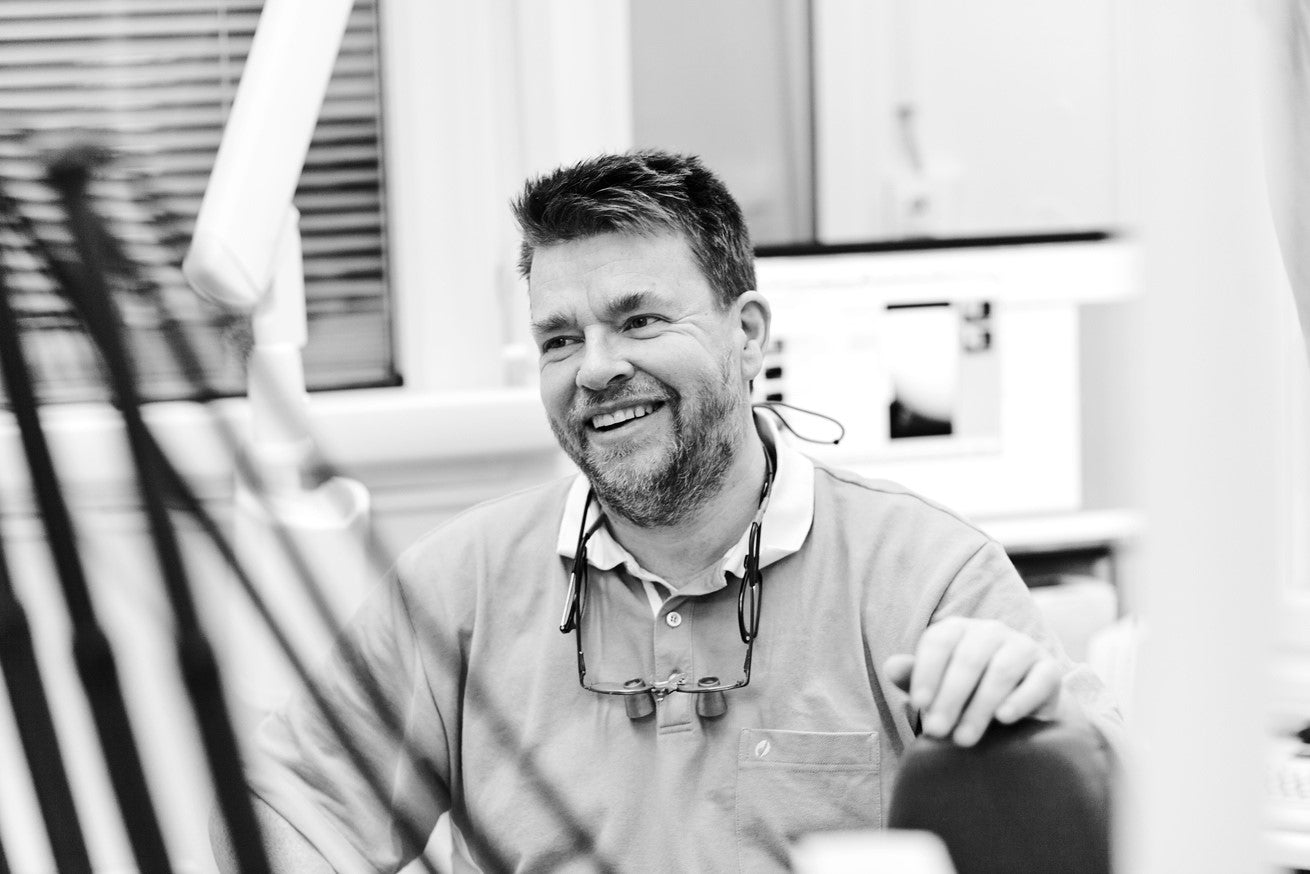
Protecting your dental implants: The essential role of oral hygiene and advanced therapies
Maintaining good oral hygiene and attending regular dental checkups are vital for the long-term success of dental implants. Implants are susceptible to complications such as peri-implantitis, a con...
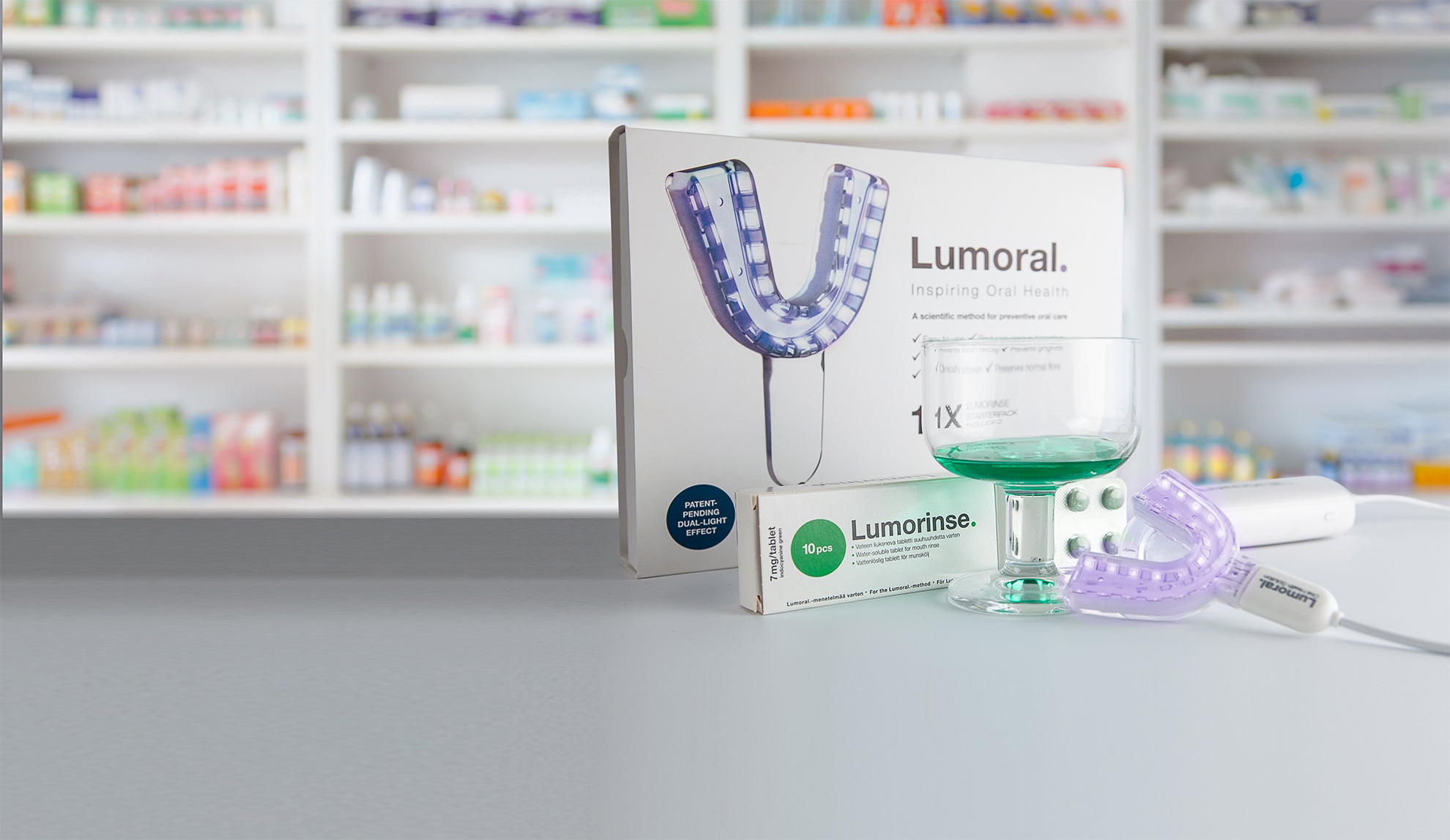
Koite Health Takes 3rd Place in Seedtable's Top Health Tech Startups Ranking
Koite Health, a Finnish company transforming oral health, has been ranked 3rd among Finland’s top health tech startups by Seedtable. This recognition highlights Koite Health's groundbreaking effort...
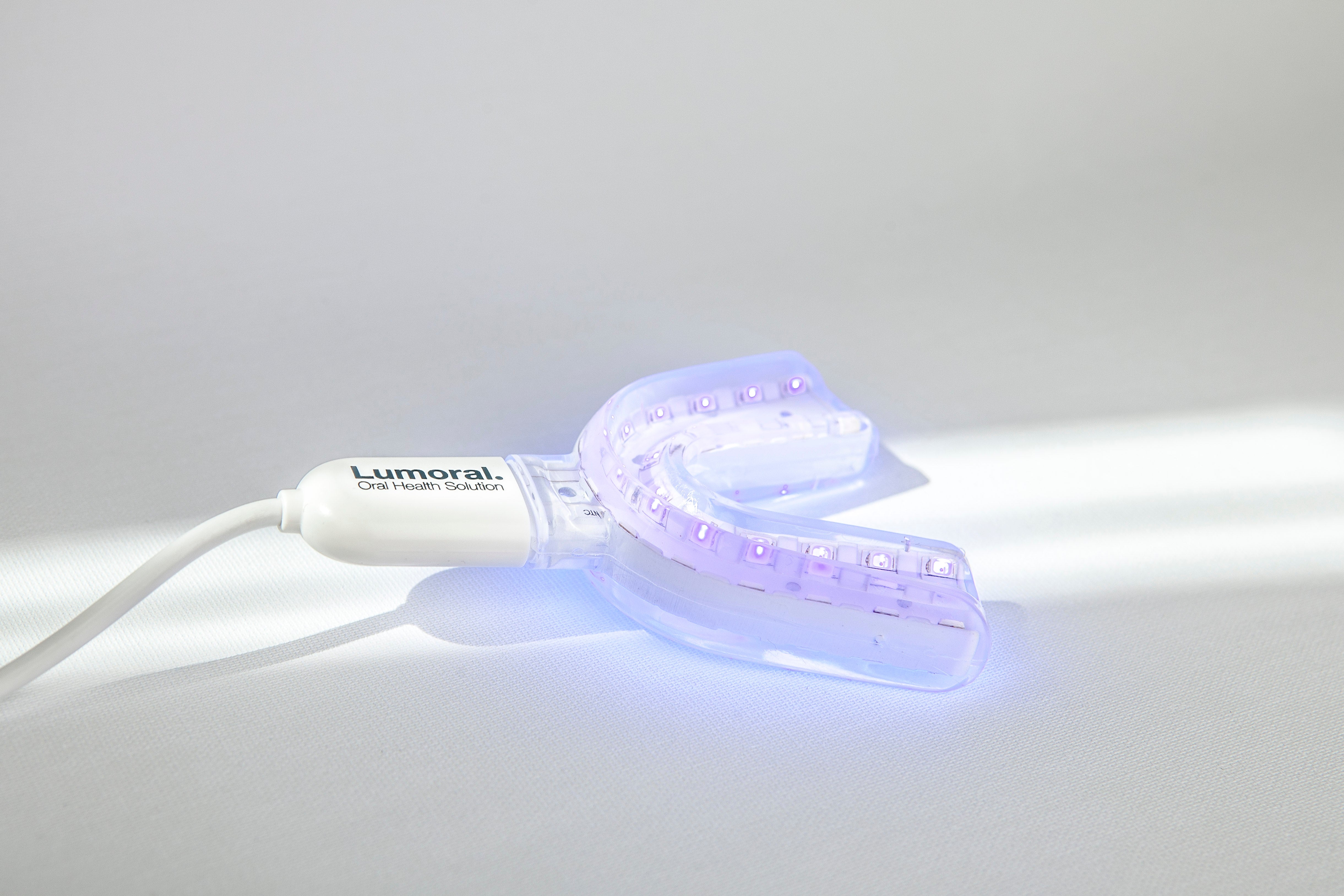
Koite Health Recognized as one of Finland’s Fastest-Growing Companies by Deloitte
Koite Health Oy, a leading company in the oral healthcare sector, has earned recognition as one of Finland’s fastest-growing companies in Deloitte’s 2024 Technology Fast 50 Finland rankings. Placin...
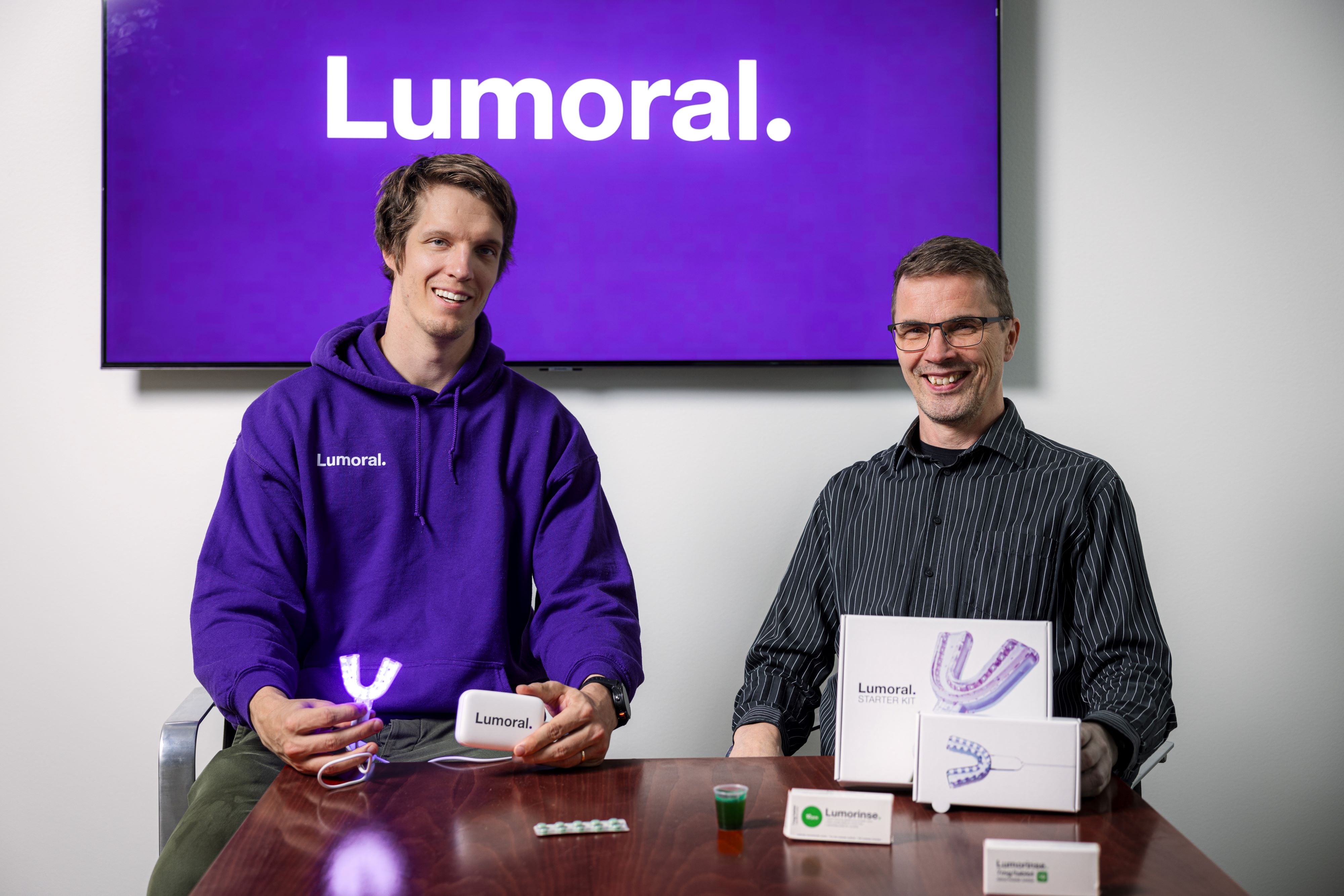
New advances in periodontitis treatment: Lumoral study makes progress in Lithuania
A promising study is underway in Lithuania to investigate the effectiveness of Lumoral Treatment medical device in treating more severe stages of periodontitis. The study "Regular home-use of dua...
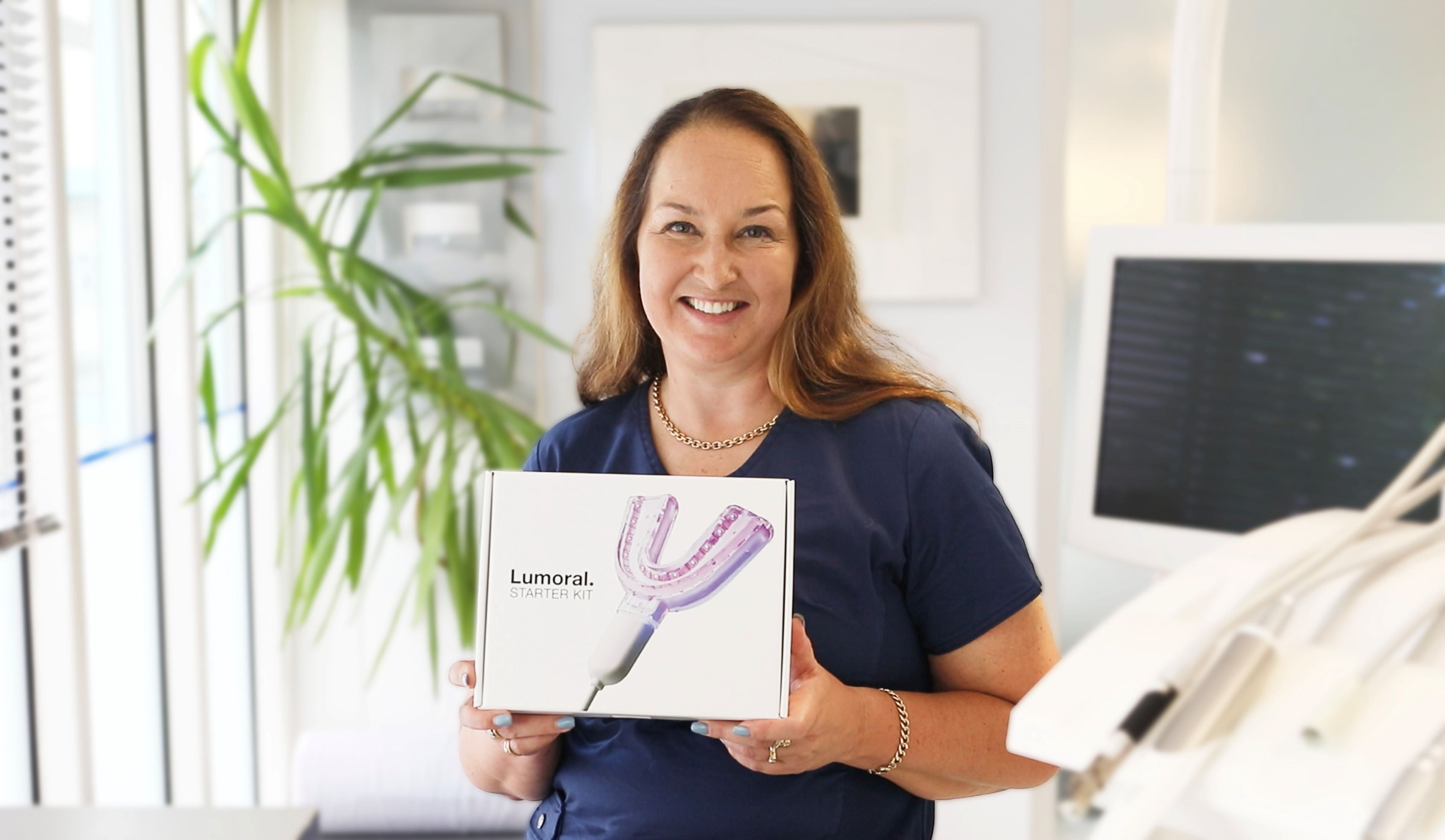
Dental Clinic Albin: Innovative Oral Healthcare in Partnership with Lumoral
Satu and Kai Aalto started working at Albin Dental Clinic in Helsinki in 2003. Both graduated from the University of Helsinki in the 1990s, and before Albin they worked in England and studied laser...
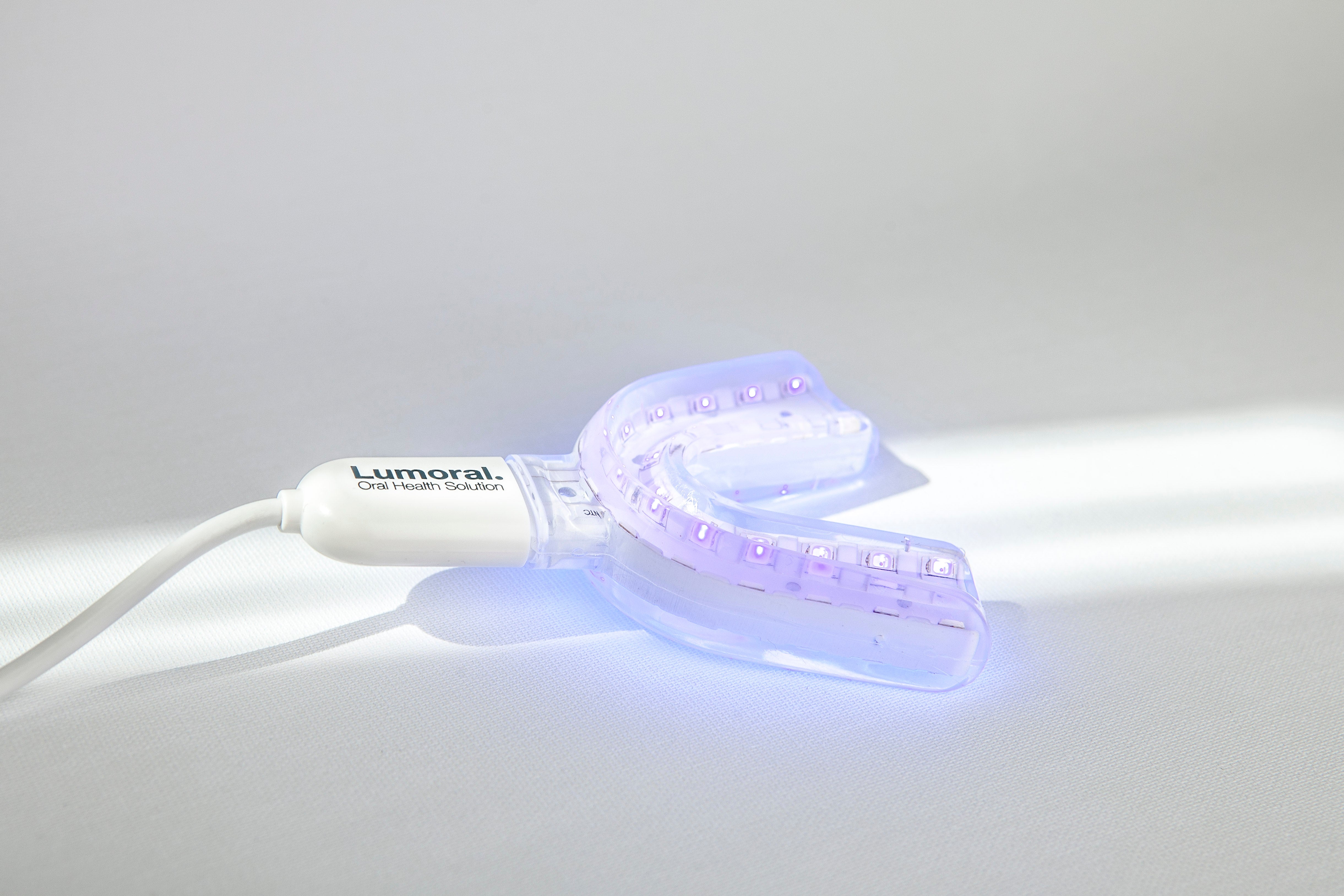
Finnish health tech company Koite Health has signed a distribution agreement with Megagen Iberia, a major player in Spain's dental industry. This partnership aims to revolutionize oral health care ...